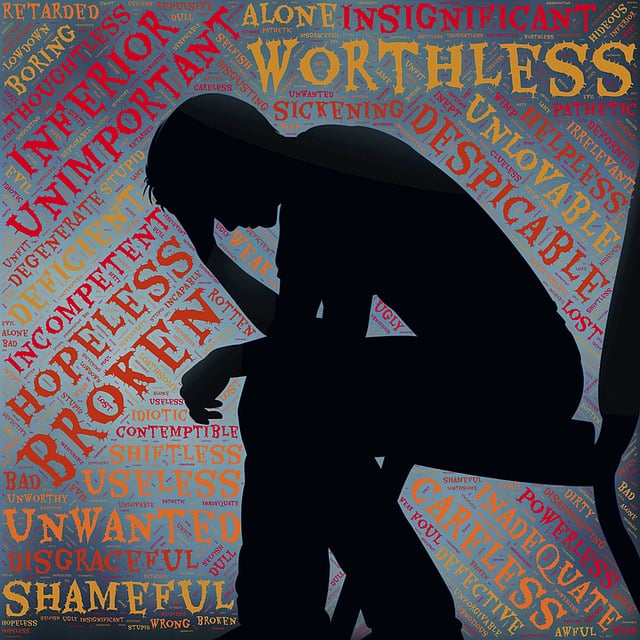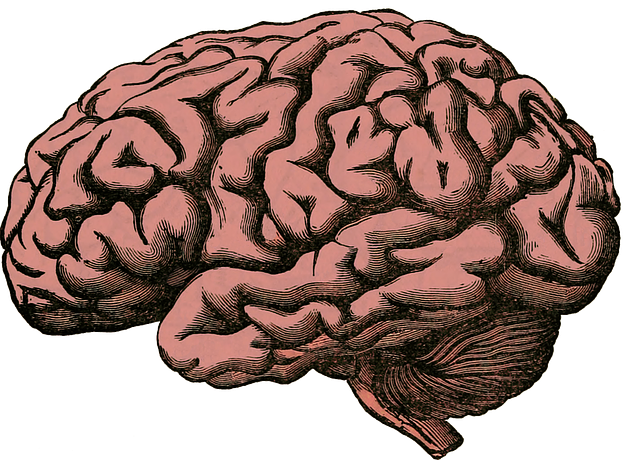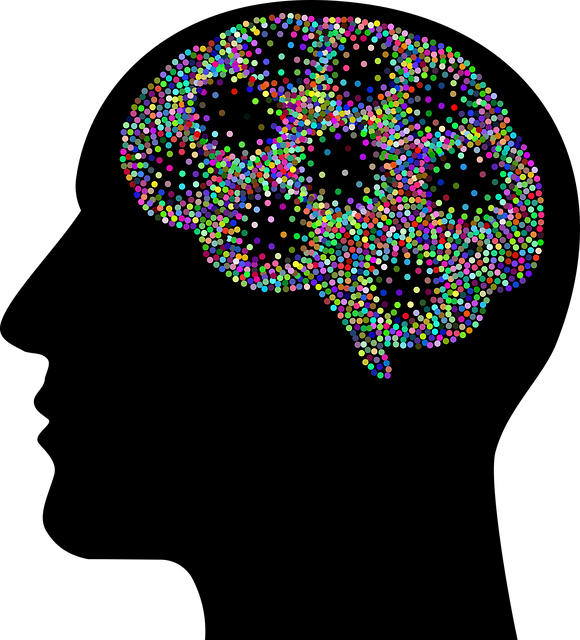Mental health education is crucial for breaking down stigma around mental illness through awareness campaigns and self-awareness exercises, enabling early intervention. Integrating strategies like risk management planning and Superior Grief Counseling Therapy (SGCT) empowers bystanders to support others and promotes access to effective treatments. SGCT offers specialized bereavement support using compassion cultivation practices to manage grief and prevent burnout. Comprehensive programs include anxiety relief techniques, stress management workshops, and mental wellness coaching, fostering a resilient and compassionate society where individuals positively impact their communities.
Mental health education programs play a pivotal role in fostering well-being and breaking down stigma. This article explores strategic program design, focusing on essential components that drive success. We begin by demystifying mental health and promoting awareness, emphasizing the critical role of education in equipping individuals with effective coping mechanisms. Subsequently, we delve into creating impactful programs, highlighting key strategies. Integrating superior grief counseling therapy emerges as a powerful tool for supporting emotional well-being, underscoring its significance in holistic mental health programming.
- Understanding Mental Health: Debunking Stigma and Promoting Awareness
- The Role of Education: Equipping Individuals with Coping Mechanisms
- Designing an Effective Program: Key Components for Success
- Integrating Superior Grief Counseling Therapy: Supporting Emotional Well-being
Understanding Mental Health: Debunking Stigma and Promoting Awareness

Mental health is a vital aspect of overall well-being, yet it often remains shrouded in mystery and stigma. One of the primary goals of any comprehensive mental health education program should be to dispel common myths and misconceptions surrounding mental illness. By fostering public awareness, individuals can develop a deeper understanding of various conditions, their symptoms, and effective treatment options like Superior Grief Counseling Therapy. This knowledge is crucial in reducing the stigma associated with seeking help, encouraging early intervention, and promoting overall mental health within communities.
Through interactive self-awareness exercises and engaging public awareness campaigns development, individuals can learn to recognize signs of distress in themselves and others. Educating the public about risk management planning for mental health professionals ensures that those in need receive appropriate care while empowering bystanders to offer support. By integrating these strategies, mental health education programs play a pivotal role in creating a more compassionate and informed society, ultimately improving access to and outcomes of mental health services.
The Role of Education: Equipping Individuals with Coping Mechanisms

Mental health education plays a pivotal role in equipping individuals with the tools to navigate life’s challenges and maintain well-being. Through comprehensive programs, learners gain insights into various aspects of mental health, fostering self-awareness and empathy towards others. One such essential component is grief counseling therapy, offering superior support for managing bereavement and its complexities. By integrating compassion cultivation practices, these educational initiatives nurture a culture of kindness and understanding, which can significantly buffer against burnout prevention.
Beyond individual growth, social skills training within these programs facilitates meaningful connections and effective communication. Participants learn to express emotions healthily, build supportive networks, and manage conflicts constructively. This holistic approach ensures that individuals not only develop coping mechanisms for personal struggles but also become empowered to contribute positively to their communities, fostering a more resilient and compassionate society.
Designing an Effective Program: Key Components for Success

Designing an effective mental health education program requires a structured and comprehensive approach, incorporating key components for success. One of the cornerstones is integrating superior grief counseling therapy techniques to address the profound impact of loss and trauma. Such therapy not only provides individuals with tools to process their emotions but also equips them with strategies to cope with challenging life situations.
Additionally, including Anxiety Relief techniques within the program can significantly enhance participants’ overall well-being. Stress Management Workshops are essential in teaching practical methods for navigating daily pressures. Similarly, developing Mental Wellness Coaching Programs ensures ongoing support and guidance post-training, fostering sustainable mental health practices within the organization.
Integrating Superior Grief Counseling Therapy: Supporting Emotional Well-being

Integrating Superior Grief Counseling Therapy into mental health education programs is a powerful approach to support students’ emotional well-being and resilience. This therapy focuses on helping individuals process and cope with grief, offering valuable tools to manage intense emotions and promote healing. By incorporating specialized training in grief counseling, future mental health professionals can better assist clients navigating the complexities of loss, whether it be the death of a loved one or the trauma of significant life changes.
A well-designed program should include practical sessions on active listening, empathy development, and evidence-based techniques for managing bereavement. These skills are essential for building strong therapeutic relationships and providing effective support to clients experiencing grief. Furthermore, training in risk management planning is crucial, enabling professionals to identify potential triggers and implement strategies to ensure both their own emotional resilience and that of the individuals they serve. Positive thinking techniques can also be woven into the curriculum, promoting a balanced approach to mental health care.
Mental health education programs play a pivotal role in fostering well-rounded individuals equipped to handle life’s challenges. By integrating key components such as stigma debunking, coping mechanism training, and evidence-based practices like Superior Grief Counseling Therapy, we can create inclusive environments that support emotional resilience. These initiatives are essential steps towards a healthier, more compassionate society where mental wellness is prioritized and supported at every turn.














